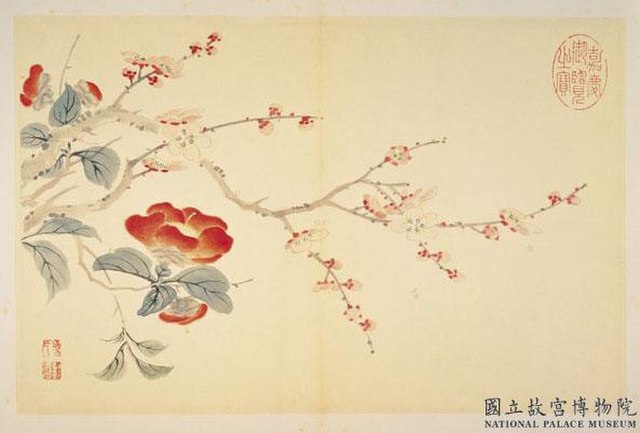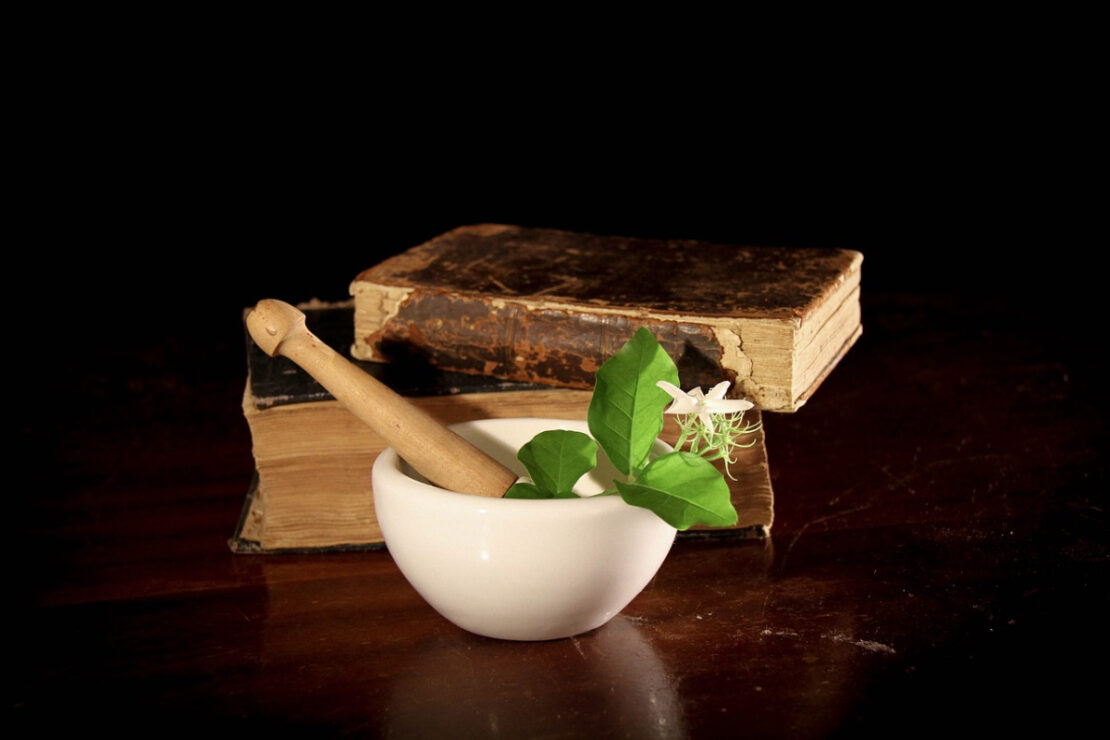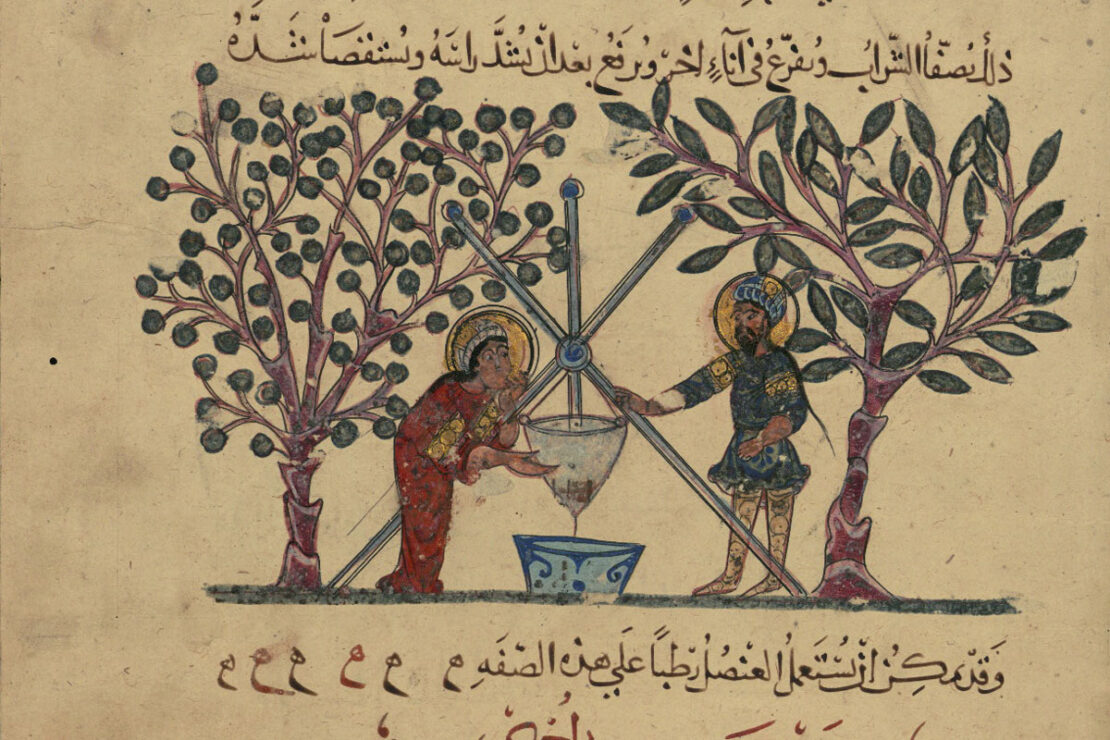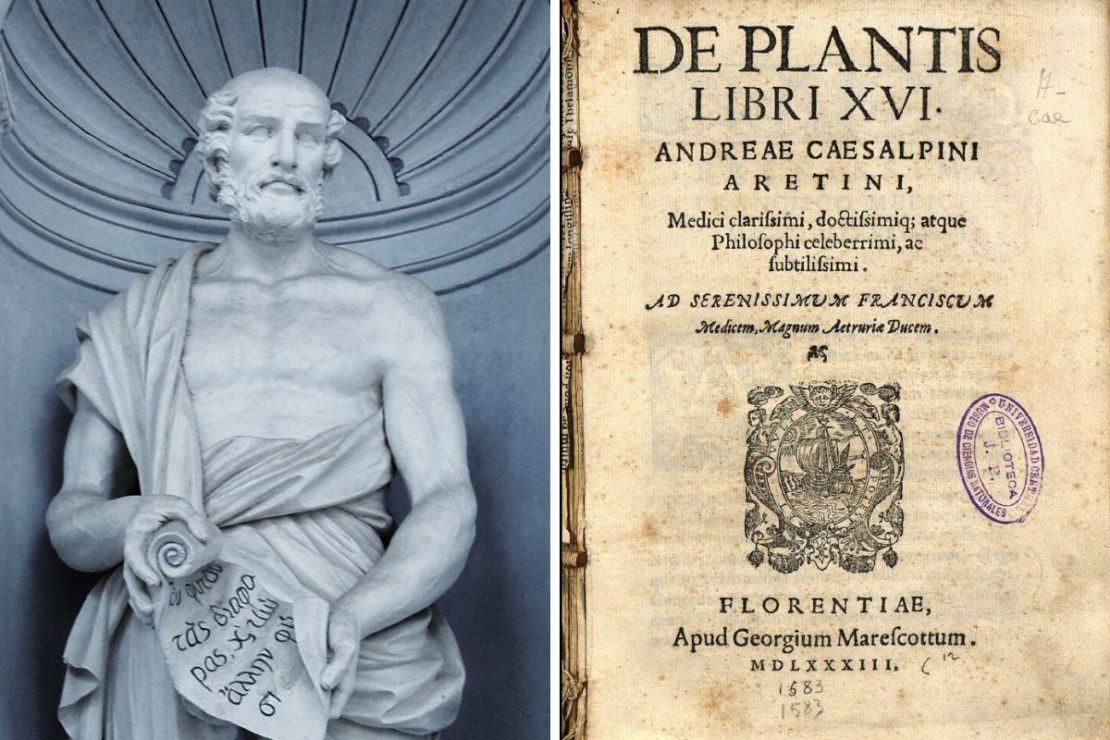
Undercover Women: Historic Botanical Illustrators
In the modern age, the title of “artist” is an acceptable profession for both male and female persons, but it wasn’t always this way. Historically, the art world was a male-dominated one. This was most likely due to the fact that men were considered the “breadwinners” of the family while women tended to more domestic…

Strange Ways to Heal: Medical Curiosities of Ancient Greece
Throughout history, humans have sought ways to ease many ailments. Some lasted through millennia. Others fell into disuse. The ancient Greek civilization (c. 3,000 BCE-600 CE), practiced a variety of healing methods over centuries influenced by population growth, trade, and conflict throughout the Mediterranean region. Medicine in antiquity shifted and evolved as a result of…

De Materia Medica: The Ancient Text that Changed the World
There is a grand mystery and pleasure in reading ancient texts that can still fulfill our curiosities about the human experience. Writings about herbalism are no exception, as they give us a sense of how our ancestors lived, survived, and interacted with the natural world around them. De Materia Medica, Latin for “On Medical Material”…

Botany Beginnings: Who was Theophrastus?
Approximately 2,300 years ago, a time which we can somewhat imagine through the marble monuments still standing and the relatively few parchments that have survived, a person named Theophrastus (c. 370 BCE – c. 287 BCE) reportedly wrote 227 books about animals, trees, shrubs, fruits, and flowers. Although he wasn’t the only scientific writer at…

The Secret Meaning of Herbs
Across many different cultures and time periods, humans have cherished a secret meaning of herbs and plants. Flowers, herbs, and foliage were given as tokens of good luck and well wishing – sprigs of wheat included in bridal bouquets for fertility, wreaths of bay laurels worn as a symbol of victory. Small bouquets called “tussie…


